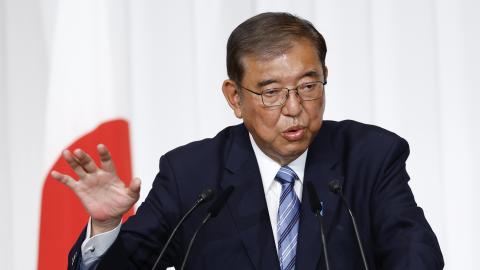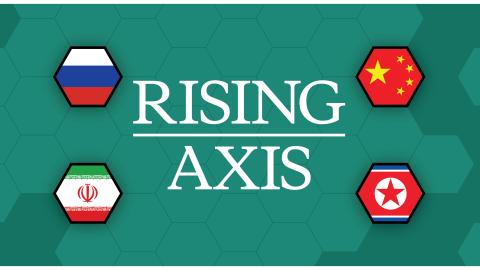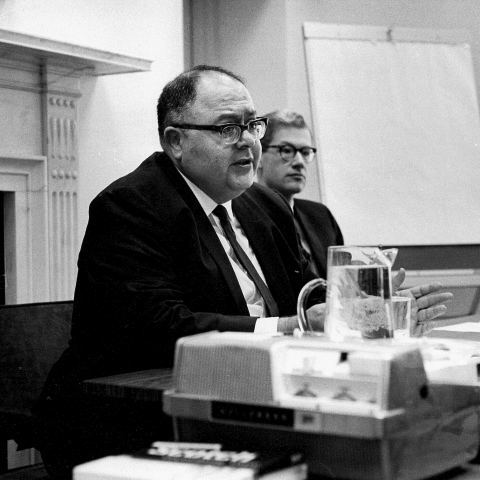So many of the ideas of the global climate movement lead to such terrible policy, that it’s especially important to pay attention when climate activists support good objectives. The abolition of fuel subsidies in poor countries is one of the most important of these valuable green policy proposals. Nigeria’s former finance minister Ngozi Okonjo-Iweala -- drawing on his own experience fighting it in his country -- writes about the global subsidy problem for the FT:
Globally, government support for fossil-fuel subsidies will amount to almost $650bn this year. The cost of these subsidies far outweighs the benefits and burdens the middle classes. Reforming the system can make energy infrastructure more efficient, shore up public finances and allow more targeted spending on public services. […]
About 30 countries, including my own, Nigeria, have already made efforts to phase out fossil-fuel subsidies. In spite of the difficulties, it is well worth the effort. […]
Using lessons learnt from Nigeria and other countries we can put together a set of best practices to follow. These include co-ordinated communication, implementation and redistribution efforts. Reform should also create a broad sense of political ownership, especially in fiscally decentralised countries.
These subsidies, intended at least in theory to help poor people manage the cost of energy, over time inevitably lead to serious distortions in the economy while encouraging wasteful and excessive use of fuel. The costs of these policies to developing countries becomes immense over time as the inefficiencies increase.
This is especially the case because middle- and upper-middle- class families often capture most of the economic benefit that comes from cheap energy. Doing away with energy subsidies can reduce wasteful energy use, improve the welfare of poor people in developing countries, and free up badly needed cash for investments in education, healthcare, infrastructure, and other priorities of the developing world.
But this kind of reform is harder than it looks. For one thing, powerful political interests often derive great benefits from command and control subsidy policies. Black market smuggling and trade flourishes in many developing countries where governance is weak and life is complicated. Often, political bosses are involved in the trade. More, if you try to replace a general subsidy with a policy that targets poor families, you may be asking the administrative machinery of a developing country to undertake a task for which it is not equipped. Anyone who has visited the great informal settlements and slums that surround so many rapidly growing cities in the developing world can understand just how impossible it is for weak and poorly staffed governments to identify the recipients of subsidies, eliminate fraud, and make sure the right payments get to the right people.
Helping governments in developing countries build the capacity to administer programs like this is one of the ways in which advanced countries’ aid can at least potentially play a positive role globally. It is also true that if more green “activists” spent their time and energy either developing the skills that would enable them to make a contribution to developing countries’ governance or learning other technical and administrative skills that are necessary if progress is to be made, and spent less time on anti-science campaigns like those against GMOs or nuclear energy, then the green movement might have a chance of getting closer to its goals.













